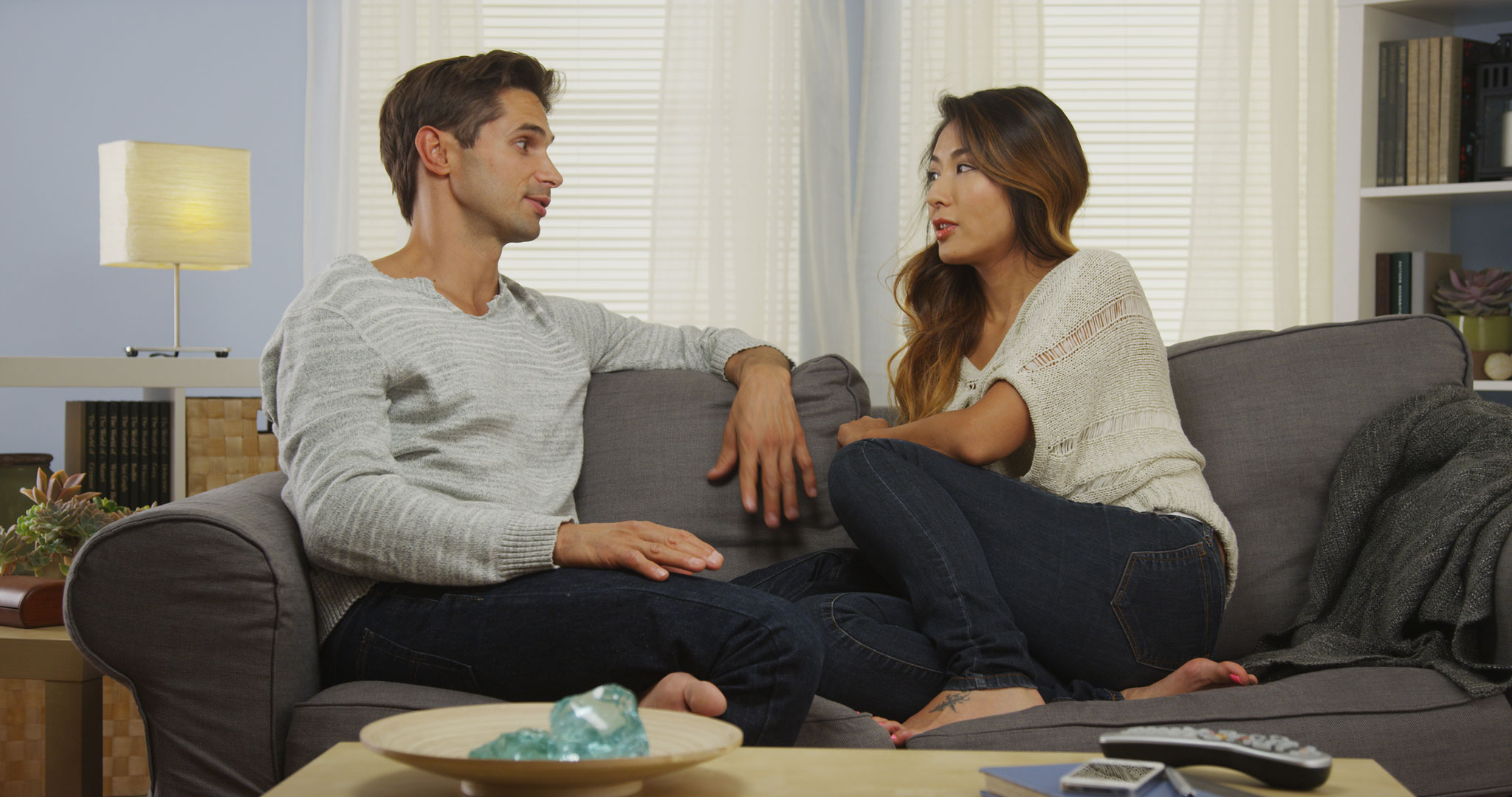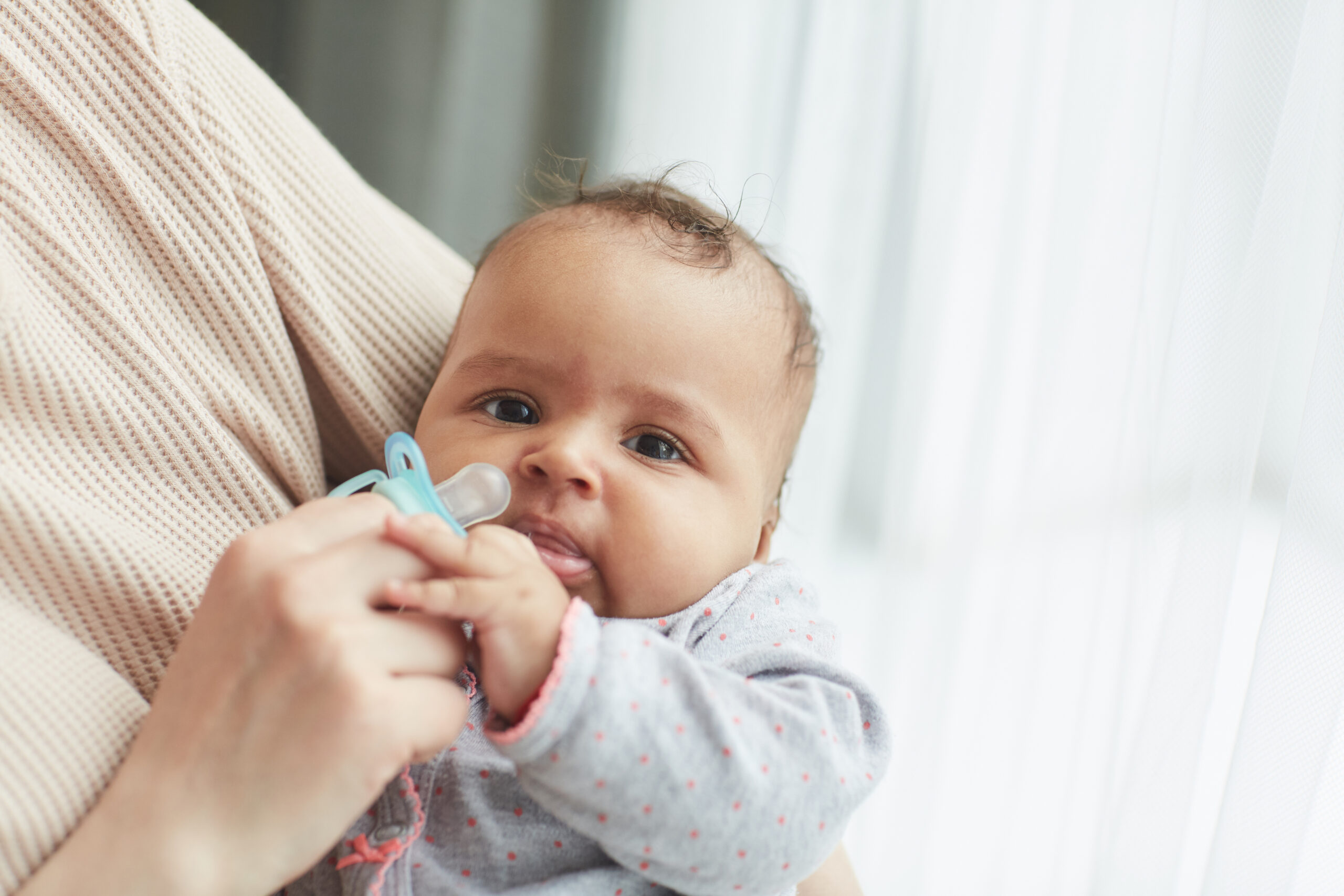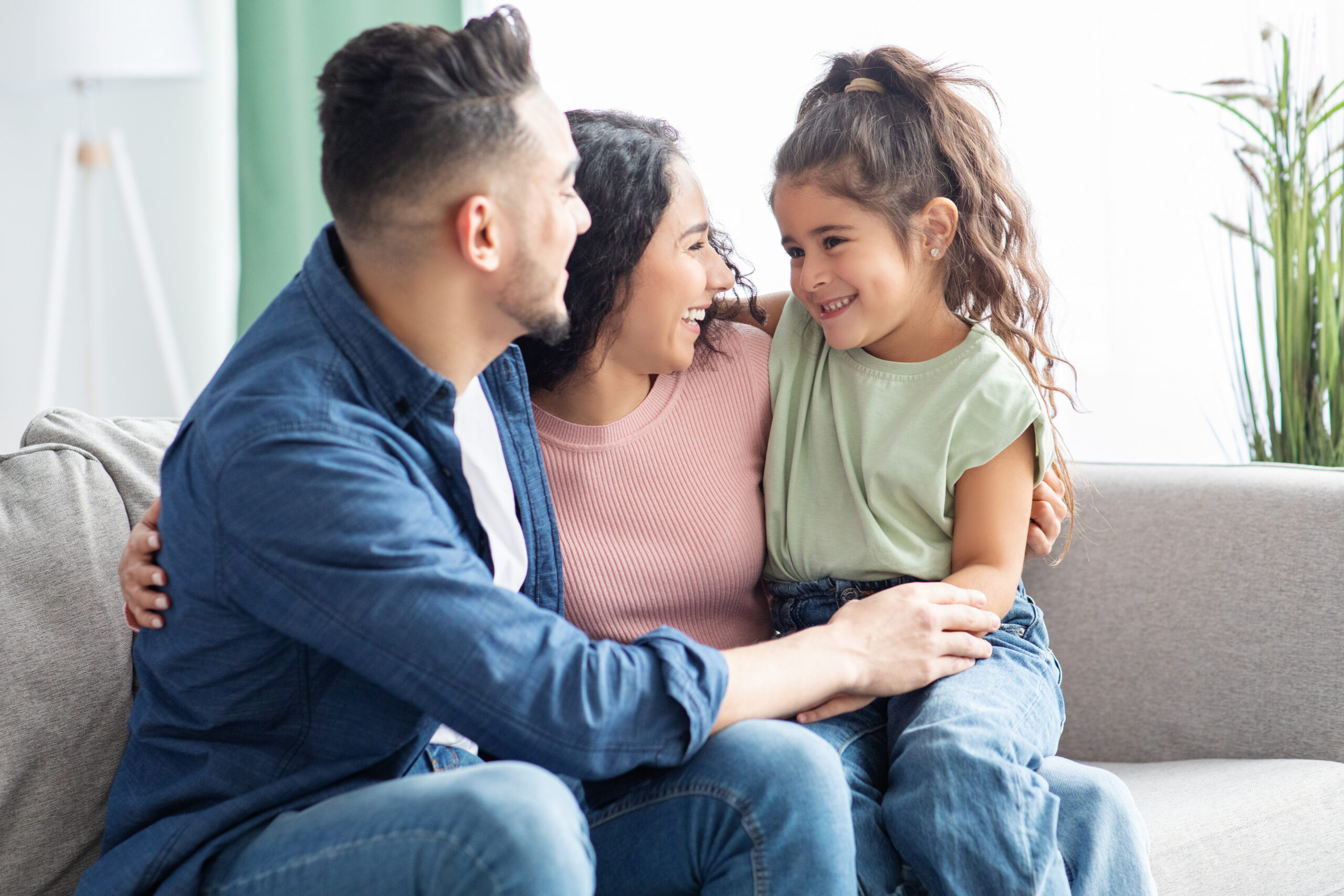My Perspective on Open Adoption and Recommendations for Birthparents
Adoption Advocate No. 41
I grew up in southwest Pennsylvania, in a small suburb of Pittsburgh called Moon Township. Sandwiched between an older and younger sister, I was surrounded by supportive family and friends growing up. My family went to church every Sunday, my sisters and I competed in soccer and swimming, and a bad report card was never an option.
I found out I was pregnant shortly after I began my senior year of high school, two weeks after I was crowned Homecoming Queen. At the time, I was in serious relationship with my boyfriend Robbie, the captain of the football team. Although we were shocked and completely unprepared to see those two pink lines, we decided, almost immediately, that we would raise our child together.
I soon began to feel the humiliation of being “that girl” as news of my unplanned pregnancy began spreading around school. I was embarrassed, and the rumors ran wild. But the hardest part was telling my parents.
I told my mother first – or tried to. I had no idea what to say. “Mom, I…uh…well, you see, there’s this thing that happened..."
"Well, what is it?” she asked.
"I’m pregnant."
I expected her to be angry, and she was, at first.But I was unprepared for the worst feeling of all, and that was realizing that I had disappointed my family.
My mother broke the news to my father that evening. Later in the week I went to the doctor, whose test provided official confirmation: I was pregnant. After recovering from their initial shock, both my family and Robbie’s family were very supportive and agreed that they would help us to raise our child.
Robbie and I spent several months discussing where we would live, when we would get married, and how we would support a child. Then reality began to set in, and the doubts began to arise. Neither Robbie nor I had any significant source of income, a college education, or even a place to raise a child. Although our parents offered to help us out, Robbie desperately wanted to be able to provide for his family, and it was hard for him to accept that our parents would have to help, especially if we continued on to college.
A few months before I became pregnant, Robbie’s parents, who had recently relocated to Raleigh, NC, met a couple at a Christmas party. Their names were Don and De, and they were hoping to adopt. After learning that I was pregnant, Robbie’s parents had a few additional conversations with Don and De, and then suggested that Robbie and I meet with them to explore the idea of adoption.
I was shocked and upset.This had been completely out of the blue. Robbie and I had never broached the subject of adoption before, and I felt as if his parents were questioning my ability to parent. The last thing I wanted was “to give my child away to some strangers.” I refused to meet with Don and De.
Though I continued to resist the idea, Robbie eventually convinced me that it would be all right to meet them and simply hear what they had to say. So, the day before Valentine’s Day, we met at a Panera Bread restaurant. I sat with my arms crossed and my ears closed – until Don and De told me about their desire to have an “open adoption."
I had no idea what that meant, but I was intrigued. I learned that open adoption meant that Robbie and I could maintain a relationship with our child if we chose.
I began to think about the kind of a life we would be able to provide for our child versus the kind of life Don and De could provide. Still, I was angry, upset, and emotionally numb as I began to consider adoption. A few weeks prior to meeting Don and De, I had discovered that I was having a girl. This made it even more difficult to consider making an adoption plan, because I had always dreamed of the day I would have children of my own, especially a daughter.
Robbie and I spent the last four months of my pregnancy getting to know Don and De. They invited us to dinners at their home, and encouraged us to ask them every question we could think of. At their invitation, we even talked with their family and friends to find out more about them.
The more we learned about Don and De and their families, the more we realized what amazing parents they would be. It still amazes me how well and how quickly the four of us bonded – Robbie and Don share the same sense of humor, and De and I have the same gentle, sensitive nature. We discussed what our birthparent visits would look like, how often we would see each other, and what would happen if they ever moved away from Raleigh.
Ultimately, after weighing all of our options and considering what would be best for our daughter, Robbie and I agreed that adoption was right for us.
Our daughter Deanna Marie was born on July 11, 2005. Robbie and I were given alone time at the hospital to say hello and goodbye. Then Don and De hugged us and left with Deanna, saying, “We’ll see you soon.” They weren’t kidding. They invited us – and our families – to visit them at their home that very same day.
Now, more than six years after her birth and adoption, Robbie and I still visit Deanna and her family often, and our relationship has grown stronger over the years. While being Deanna’s birthmother has changed my life profoundly, I honestly can’t imagine my life without Don and De, either. They are absolutely wonderful parents, and they love Deanna more than anything else in the world.
People often ask me, “What makes your open adoption so successful?” While to outsiders it may look as if we have a “fairy tale” adoption, in reality, no open adoption is perfect. It has taken a great deal of trust and open communication to make ours work successfully and in Deanna’s best interest. As an experienced birthmother, here are some of the things I’ve learned along the way that may be helpful for parents considering adoption:
- Seek out professional help and guidance as you consider your options. Unplanned pregnancy can be an extremely difficult and confusing experience. So how do you begin to plan? Who do you turn to for help? Make sure you begin by exploring all of the options available to you. The best way is to seek qualified counseling. If you decide to visit a licensed adoption agency, trained counselors and social workers on staff will be available to listen and help you make a well-informed decision, whether or not you end up choosing adoption.
- Choose the right agency. If you choose to find out more about adoption or make an adoption plan for your child, it’s important that you find an agency with which you feel comfortable. Do your research first and identify what you’re looking for in an agency. Ask questions up front; for example, what legal services are offered to expectant mothers making adoption plans? Does the agency provide free pre- and post-adoption counseling and services for birthmothers? How long will the agency continue to work with and help you after the adoption takes place? Does the agency offer or facilitate a birthmother support group? What guidelines must the staff follow when working with adoptive parents? Is the agency willing to mediate should a problem arise during the adoption process? If you don’t feel comfortable with the agency staff, or their answers don’t match what you’re looking for in an agency, move on to the next.
- Identify what type of adoption is the best fit for you. If you decide to make an adoption plan, you need to determine the degree of openness you want. How close do you want to be with your child’s adoptive parents? How much, or how little, contact do you want to have? Not every open adoption involves the same level of “openness” or contact. Some birthparents choose only limited openness, with the periodic exchange of letters and photographs or the occasional phone call; others have more frequent contact and visits, like my arrangement with Deanna’s adoptive parents. Either way, it’s important to consider how these decisions about the level of openness will impact both you and your child after the adoption takes place.
- If you choose a more open adoption, think carefully about how you will handle it. Start by asking yourself some important questions. Be honest with yourself about your feelings. Can you handle watching someone else raise your child? If you ever experience jealousy, how will you deal with that? How easily are you able to communicate your feelings? Are you able to maintain boundaries put in place for visitation, phone calls, letters, etc.? These questions will help you to determine if open adoption is a good fit for you. Ask your counselor if you could speak with a few birthmothers who have chosen open adoption. Only you can determine the best option for you, however – so while it’s important to talk to others about their experiences, it’s equally important to do your own research and learn as much as possible about all of your options.
- Don’t settle for less than a perfect match. No matter what type of adoption you choose, no matter how open or closed it is, it’s important to make a list of the criteria you’re looking for in an adoptive family. The first time I met Don and De, we immediately clicked. Even though I felt very unsure about adoption at that point, I couldn’t deny the immediate connection we had. They were so warm and welcoming, and the more Robbie and I got to know them, the more we liked and respected them. I relied a lot on my intuition and the good feeling I had about them, and I turned out to be right. What are your “non-negotiables” when it comes to adoptive parents? What things would you prefer, but be able to live without? Oftentimes, agencies can help to match you with an adoptive couple that meets all your criteria. As a birthparent, you have many choices and options available to you, and in many cases – if you wish – the choice of the adoptive parents will ultimately fall to you.
- If you have an open adoption with lots of contact, be sure to establish permeable boundaries. How do you envision your open adoption arrangement working out? Are you comfortable sharing that vision with the adoptive couple? Although it’s important to establish boundaries, it’s equally important to make sure those boundaries remain somewhat flexible. Before Deanna was born, when Don, De, Robbie, and I started talking about what our visits would look like, none of us could say for sure how often we wanted those visits to take place, but we did establish some general ground rules. For example, we agreed that we would always communicate before visits (i.e., I wouldn’t just show up on their doorstep without notice). After Deanna was born, we used trial and error to figure out the ideal situation for all of us. We had many discussions beforehand about how our open adoption might work, but until we actually experienced it firsthand, we weren’t entirely sure what to expect. Establishing permeable boundaries allowed us to set some basic guidelines at the beginning, and it has also given us the freedom to explore and determine a unique arrangement over time that has worked for all of us.
- Be willing to compromise. When you have a baby, when you make an adoption plan, it’s not just about you anymore – it’s about the child. As a parent and a birthparent, you have to be willing to put the child’s needs first. It is up to birthparents and adoptive parents to work together and communicate well, recognizing that their decisions and attitudes will have a tremendous impact on the wellbeing of the child.
- Don’t worry about pleasing other people: make the choice that is right for you. I know, this is easier said than done. This is what I struggled most with during my pregnancy. It seemed as though every person I talked to about my situation had a different opinion about what I should do. As an 18-year-old, at times I cared too much about what others thought of me, and I allowed their opinions to interfere with what I felt in my heart was right. When I signed the adoption papers in the hospital, I knew there were going to be people who would be very disappointed in my decision, who wouldn’t understand or approve. But they weren’t in my shoes, and they weren’t the ones making the decision. I had to rely on my own intuition and my firm belief that Don and De were meant to be Deanna’s parents.
- Don’t be afraid to seek out the help and support you need. My final word of advice to any expectant parent considering adoption is to find the support you need for your life after adoption. Be aware that openness in adoption doesn’t always equal happiness. Placing my daughter for adoption was the right decision for me, and I was fortunate to have the support of my family as well as Deanna’s adoptive parents; nonetheless, I struggled with depression, guilt, and sadness in the years following the adoption. I had to cope with the emotional fallout from my unplanned pregnancy, Deanna’s birth, and her adoption; and I left home and began college less than a month after the adoption was finalized, adding yet another major life change on top of what I had already experienced. Fortunately I knew that I needed help, and so I sought professional counseling offered through my college and was matched with a great counselor. Together, for four years, she and I worked through the serious issues I had as a result of my experience. As time has passed, it has gotten much easier for me to think about, talk about, and deal with Deanna’s adoption. During my undergraduate years, I became the president of a student organization dedicated to advocating for resources for pregnant and parenting students, and that helped me to understand that I was not alone as a young woman who had experienced pregnancy. I have also sought out other birthparents, and sharing our experiences has also given me comfort, strength, and understanding.
Conclusion
I am at peace with my decision to place my daughter for adoption, knowing wholeheartedly that I would not have been able to give her what she needed from a parent at the time. Had I chosen to parent Deanna rather than place her with Don and De, I might then have experienced feelings of guilt for not being able to give her everything she needed from a mother.
Over the years, what has helped me most has been to see, firsthand, how much time, energy, love, and devotion De and Don have been able to give Deanna. I graduated from NC State University in 2009, and De, Don, and Deanna were there to cheer me on as I walked across the stage to receive my degree. Even though my adoption journey has been very difficult at times, I wouldn’t change the outcome for the world. I have a beautiful daughter who is loved greatly by both her birthparents and her adoptive parents, and her adoptive family has become, over the years, part of my own extended family as well. I wouldn’t trade our shared happiness for anything.



